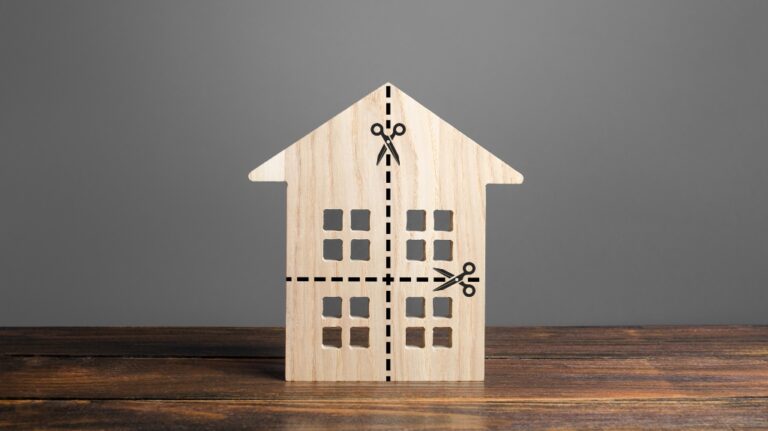
Divorce isn’t just the end of a relationship. This is the beginning of a major financial transition. While most people focus on who gets the house or how assets are split, dividing debt can be just as important.
If you are going through this process, here is what you need to know about how California courts divide debt in divorce. We will look at what steps you can take to protect yourself.
Community vs. Separate Debt
California is a community property state. When property is acquired and shared between the spouses, that is community property. Debt can work in the same way. Any debts acquired and shared will be considered community debt. This can include:
- Mortgages
- Credit card balances
- Car loans
- Some business obligations
On the other hand, separate debt is what one spouse took on before the marriage or after the official date of separation. This can also include certain personal loans, gifts, or inheritances used for individual benefit.
How Courts Divide Debt
In most situations, California courts split community debt 50/50 as they do with community assets. For example, if you and your spouse built up $20,000 in credit card debt during the marriage, each person would be responsible for $10,000, even if only one used the card.
Keep in mind that courts have some discretion. There are some exceptions where debt might be split unevenly.
Situations That Can Change the 50/50 Rule
In a few cases, the debt may be assigned to one party. This can happen with:
Student Loans
Even if one spouse took out student loans during the marriage, courts consider that debt separate. Since education benefits one individual, not the couple, it is not deemed marital debt.
Wasteful Spending or Misconduct
If one person racked up a bunch of debt on gambling, luxury items, or an affair, the court may decide that they alone should be responsible.
Debt After Separation
Once you are officially separated, any new debts are yours. However, there are exceptions if the funds were used to maintain shared assets, like the family home.
Unequal Earning Power
Sometimes, a judge may factor in your respective abilities to pay. If one spouse earns more or has a much stronger financial position, they may be asked to take on more of the debt. However, these exceptions are rare.
What About Business Debt?
If a business was started or expanded during your marriage, any debt could be community debt. The courts will take a closer look if only one spouse ran the business or if the debt did not benefit the household.
Dealing with Mortgage and Real Estate Loans

If you bought a home during the marriage, the mortgage is a shared obligation, even if only one person is on the loan. However, if the down payment came from one spouse’s separate property or the home was purchased before the marriage, it can become trickier to divide this debt.
What About Credit Cards?
Even if only one spouse used the card, the court may consider it community debt if the charges were for household expenses or family needs.
But if the card was used for personal indulgences after separation, or if one spouse secretly ran up debt, the court might assign it solely to the person who created it.
Protecting Your Financial Future
While a divorce decree can assign debt responsibility between you and your spouse, it does not change your agreement with the creditor. If both your names are on a loan or credit card, and your ex does not pay, the creditor can still come after you.
You may want to:
- Refinance joint loans under one name
- Pay off shared debts when possible before finalizing the divorce
- Remove your name from joint accounts
Find the Legal Help You Need to Protect Your Finances
Knowing how California courts divide debt in a divorce can help you take those next steps for a more secure financial future. Whether you’re working with your ex to reach an agreement or letting the court decide, being proactive puts you in a better position to move forward with the divorce process.
If you have questions about dividing debt or other matters related to divorce in California, reach out to Roberts & Zatlin Law Office. Our team can help get you answers to protect your financial future. To schedule a consultation and receive a free initial assessment of your case, please call (951) 381-8147 today.






